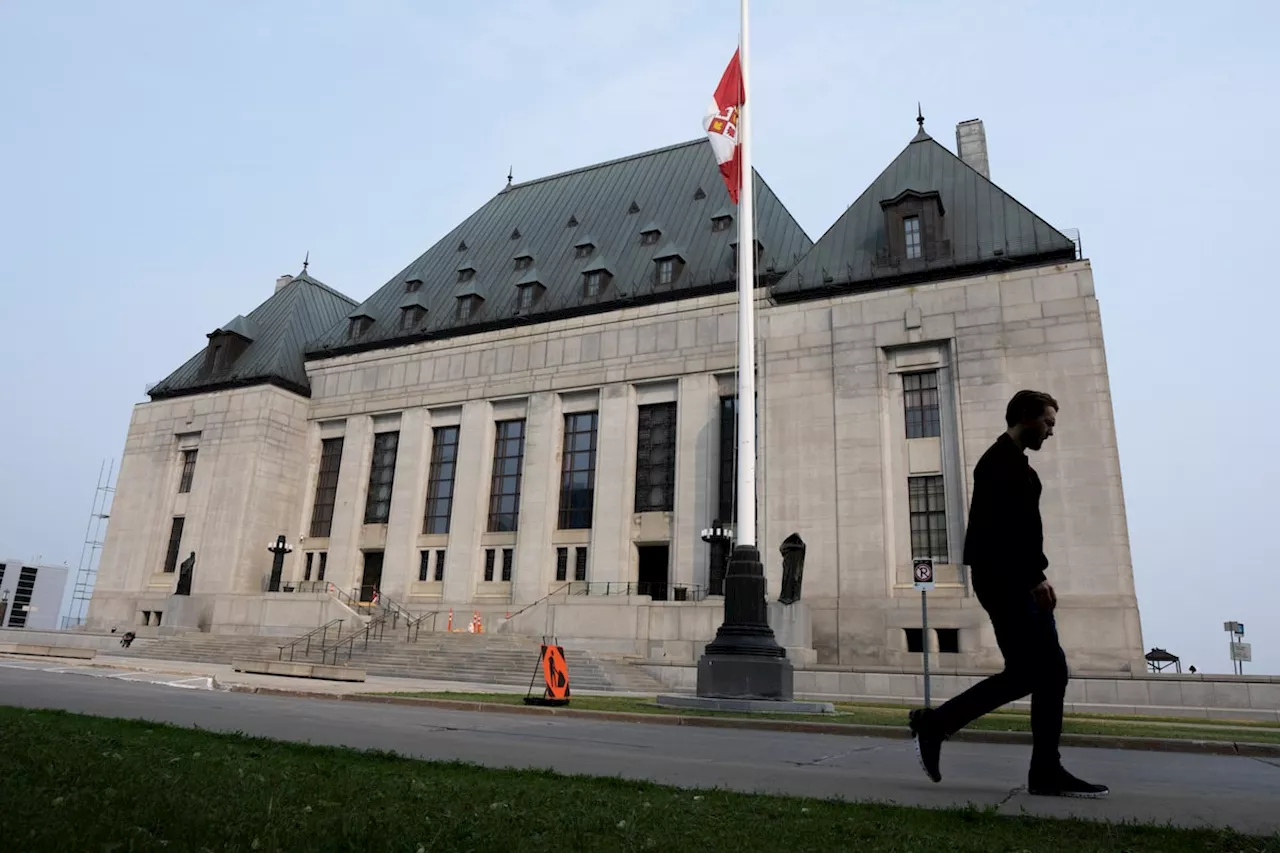The Canadian Supreme Court frequently overturns mandatory minimum sentences, using a 'reasonable hypothetical' offender to determine fairness. This approach allows judges to consider offenders who don't exist, leading to the dismissal of even minimum sentences for serious crimes like sex offenses against minors.
Mandatory minimum sentences for criminal acts don’t stand a chance in Canada . Out of 51 minimums challenged at appellate courts and the Supreme Court over the last 15 years, 39 were struck down, according to a study published this year in the Ottawa Law Review. Why did so few survive? Because the Supreme Court allows judges to create a “reasonable hypothetical” offender to determine whether a given minimum would be shocking and grossly unfair.
Even if the minimum is fair and just for the actual offender. Yes, really. Judges have been frequently declaring minimum sentences to be cruel and unusual punishment under the Charter of Rights and Freedoms on the basis of offenders who do not exist. Even relatively short sentences for sex crimes against minors are vulnerable. Last year, the Supreme Court struck down a one-year minimum for an adult using the internet to lure a child into sexual activity. Partly it did so on the basis of a hypothetical case of a female teacher with bipolar disorder who contacts a 15-year-old male student to discuss an assignment, and later engages in sexual activity with him on one occasion. (A more extreme version of this hypothetical happened in Nova Scotia.) The teacher would deserve 30 days served on weekends; a year would “outrage Canadians’ standards of decency.” (The actual case involved a 22-year-old man and a 13-year-old girl.) The “hypothetical” approach comes from a 1987 case, R v Smith, in which a man was convicted of importing cocaine with a street value of up to $168,000 into Canada. The minimum sentence was seven years, which the court struck down, saying it would be grossly disproportionate if applied to the hypothetical case of a young person bringing a single marijuana cigarette into the country. The Crown argued that no prosecutor would lay a charge in that case, but future chief justice Antonio Lamer rejected the point, saying courts must not delegate their responsibilities. We understand the principl
Canada Supreme Court Mandatory Minimum Sentences Hypothetical Offender Charter Of Rights And Freedoms
Canada Latest News, Canada Headlines
Similar News:You can also read news stories similar to this one that we have collected from other news sources.
 Supreme Court of Canada says opioid crisis justifies warrantless invasions of privacy in some casesCivil-liberties expert says ruling expands legal scope of what constitutes ‘exigent’ circumstances in Canada and may prompt situations where police put aside constitutional protections in the name of public safety
Supreme Court of Canada says opioid crisis justifies warrantless invasions of privacy in some casesCivil-liberties expert says ruling expands legal scope of what constitutes ‘exigent’ circumstances in Canada and may prompt situations where police put aside constitutional protections in the name of public safety
Read more »
 TikTok asks U.S. appeals court to bar enforcement of potential ban until Supreme Court reviewTikTok asked a U.S. federal appeals court on Monday to bar the Biden administration from enforcing a law that could lead to a ban on the popular platform until the Supreme Court reviews its challenge to the statute.
TikTok asks U.S. appeals court to bar enforcement of potential ban until Supreme Court reviewTikTok asked a U.S. federal appeals court on Monday to bar the Biden administration from enforcing a law that could lead to a ban on the popular platform until the Supreme Court reviews its challenge to the statute.
Read more »
 Montana Supreme Court upholds lower court ruling that allows gender-affirming care for minorsHELENA, Mont.
Montana Supreme Court upholds lower court ruling that allows gender-affirming care for minorsHELENA, Mont.
Read more »
 Montana Supreme Court upholds lower court ruling that allows gender-affirming care for minorsHELENA, Mont.
Montana Supreme Court upholds lower court ruling that allows gender-affirming care for minorsHELENA, Mont.
Read more »
 Montana Supreme Court upholds lower court ruling that allows gender-affirming care for minorsHELENA, Mont.
Montana Supreme Court upholds lower court ruling that allows gender-affirming care for minorsHELENA, Mont.
Read more »
 Montana Supreme Court upholds lower court ruling that allows gender-affirming care for minorsHELENA, Mont.
Montana Supreme Court upholds lower court ruling that allows gender-affirming care for minorsHELENA, Mont.
Read more »
